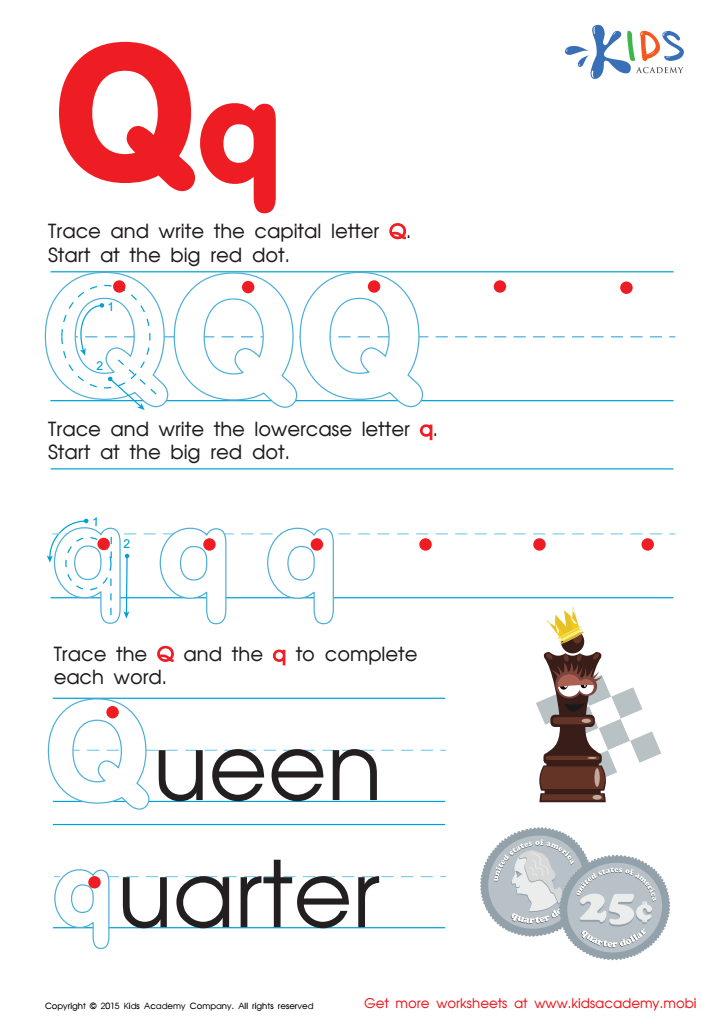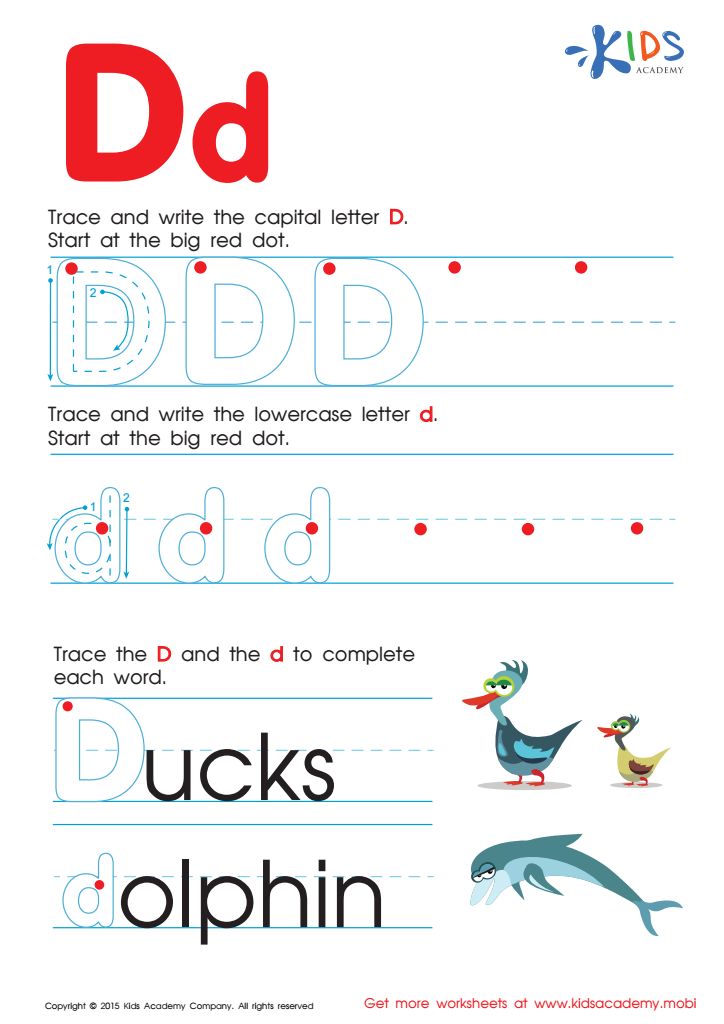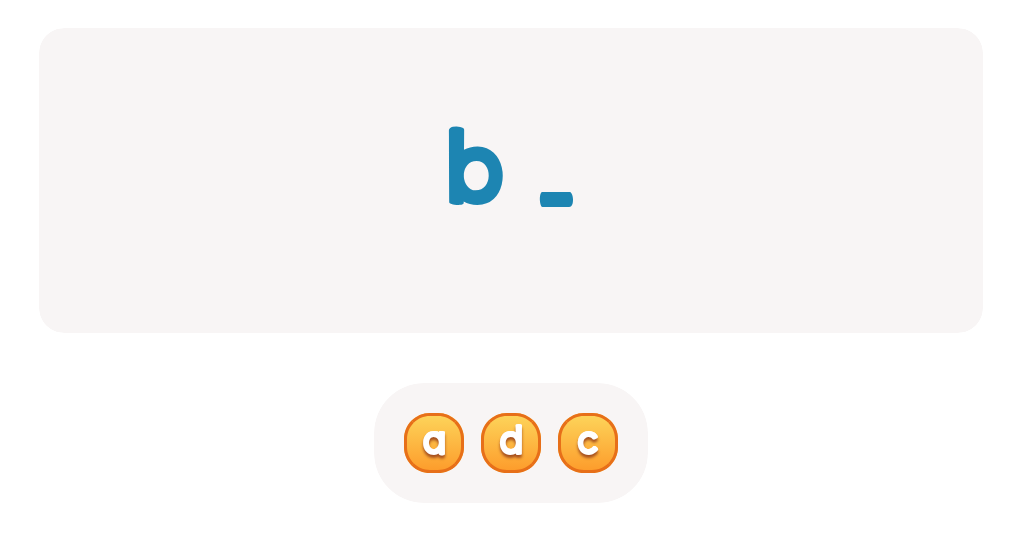Alphabet tracing Normal ABC Letters Worksheets for Ages 5-7
4 filtered results
-
From - To
Discover our engaging Alphabet Tracing Normal ABC Letters Worksheets, specially designed for children aged 5-7! These interactive worksheets provide a fun and effective way for young learners to enhance their handwriting skills while becoming familiar with the alphabet. Each page features clear letters for tracing, helping students improve their fine motor skills and letter recognition. Ideal for homeschooling or supplementary practice, these worksheets enable children to practice each letter in a variety of activities, ensuring learning is both enjoyable and effective. Empower your child's early literacy journey today with our comprehensive tracing resources that promote both learning and creativity!


Letter P Tracing Page


Letter Q Tracing Page


Letter H Tracing Page


Letter D Tracing Page
Alphabet tracing is an essential activity for children aged 5-7, as it lays the foundational skills needed for reading and writing. Firstly, this practice enhances fine motor skills, which are critical for children’s overall development. Tracing letters helps strengthen hand-eye coordination and improves grip, setting the stage for more advanced writing tasks in the future.
Additionally, alphabet tracing promotes letter recognition, allowing children to familiarize themselves with both uppercase and lowercase letters. This recognition is a precursor to reading fluency, enabling kids to decode words effectively. By engaging with the shapes of letters through tracing, children also develop spatial awareness—crucial for understanding how letters work in words and sentences.
Furthermore, this activity fosters concentration and patience, traits that are important for academic success. As children trace, they learn to focus on details, which can also translate to other academic areas.
For parents and teachers, encouraging alphabet tracing means actively participating in and supporting each child’s literacy journey. By integrating this simple yet effective activity into daily routines, caregivers can help build confidence and a love for learning, laying the groundwork for future academic achievements. Understanding and fostering these fundamental skills should be a priority for any adult guiding early learners.

 Assign to My Students
Assign to My Students





























